What are food miles? Basically, it’s the distance - and journey - that your food has gone through to get to your plate. While our teff goes on a short and sweet journey to get to you <hyperlink> it’s very likely that other food on your plate might have had to travel a lot further...which isn’t ideal.
Here’s everything you need to know about food miles and how to reduce them:
Is my food racking up food miles without me even realising it?!?
As Australians, we like to think that we’re able to grow and produce most of the food we need right here. But do we?
Research shows that the average Australian shopping basket has travelled a staggering 70,000 kilometres. That’s the equivalent of 10 return trips to Perth, or 2 to London! And food miles are only increasing...the number of miles our food travels has increased by 140% since 1992.
What this means is that the food we’re buying isn’t half as fresh as we want it to be. But that is far from the only issue with food miles.
Why are food miles bad?
Food miles should be a concern for all of us as each mile travelled has a significant impact on the environment.
Basically, the longer the food has to travel, the more fossil fuels will need to be emitted to get it there. It also will most likely need more packaging which will end up in landfill.
Yet another consideration with food miles is the governance around what is cleared to make room for growing food in the first place. While in Australia, we do try to protect our environment, research shows that in developing countries, rainforests the size of football fields are regularly felled to make way for food crops for export.
How do I know where my food is from?
Think that ‘Made in Australia’ means your food was made here? Think again! Food packaging can be confusing. Here’s the 3 main types of food labels you’ll see and what they mean:
Product of Australia: Means that each significant ingredient must come from Australia and all or almost all of the processing must happen here too.
Made in Australia: Means that the product has been substantially transformed in Australia and at least 50% of the production costs have been incurred here (so a meat pie labelled ‘Made in Australia’ may have actually had some of their ingredients, for example meat, made elsewhere).
Made in Australia from local and imported ingredients: With this description, whichever comes first is the greatest proportion of the food’s ingredients.
How do I reduce my food miles?
The good news is that it’s easy to reduce your food miles by shopping local! Here’s how you should shop to get the freshest produce and decrease your food miles significantly:
Shop least: At bigger supermarkets, such as Coles, Woolworths, Aldi and Costco. If you shop at a bigger supermarket, try to visit an independent one, such as IGA, Leos or Ritchies.
Shop most: At Farmer’s Markets, organic grocers, or fresh-to-you online stores.
Eat whole instead of processed food
Buy and eat in-season foods
Grow your own food

